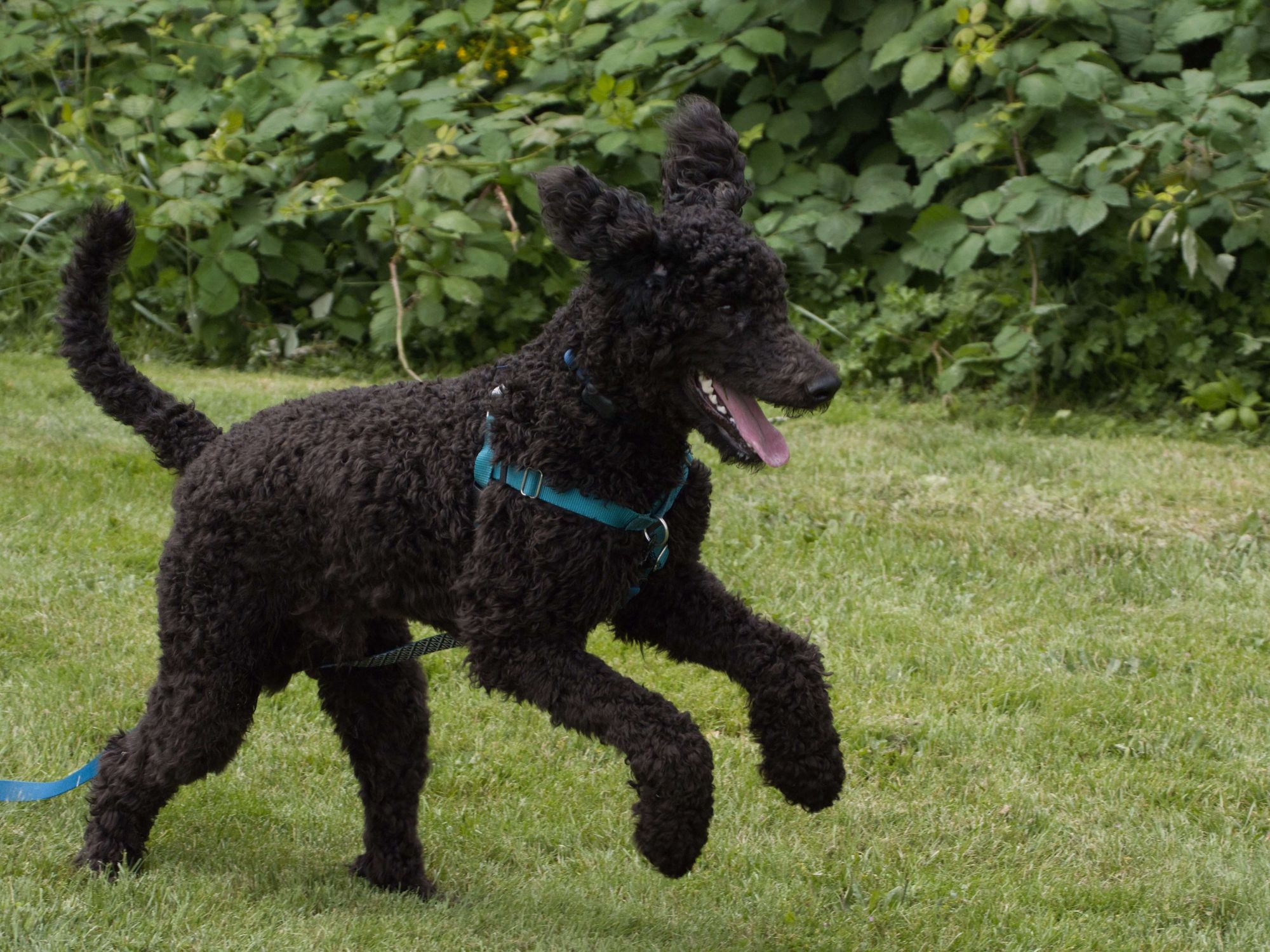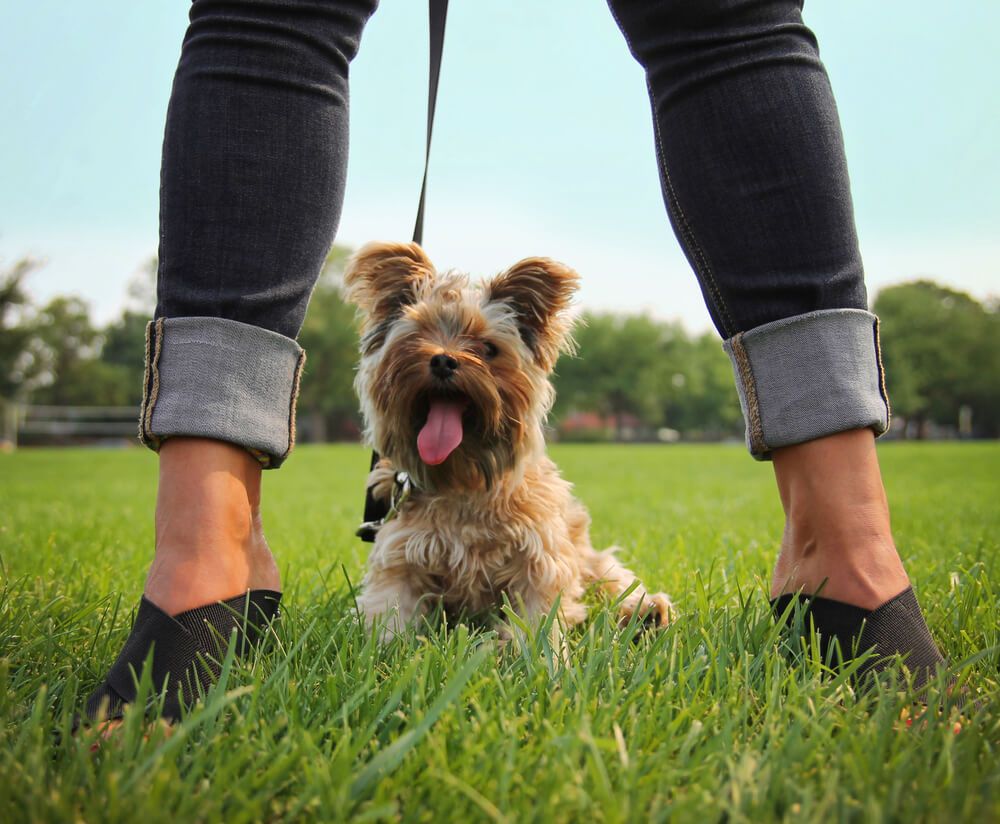Hey Ollie blog readers! We’re offering you an exclusive 60% OFF your starter box! Try now!
Famous for their wrinkly faces and strong regal personalities Shar-Pei are a slightly more rare site in the US, as they come in at 64 on the American Kennel Club’s most popular breed list. Weighing in at 45 -60 pounds on average, these dogs need a bit more space than popular breeds like Chihuahua, Cavalier King Charles, and Maltese.
With a life expectancy that can range widely from 8-12 years on average, it is important to understand the health issues that can impact this beautiful dog breed.

What medical conditions commonly affect Shar-Pei?
Separation Anxiety
These loyal dogs are prone to separation anxiety. Symptoms of separation anxiety include barking or whining when left alone, using the bathroom indoors, destroying things including windows, walls, the side of the crate, panting, excessive licking, loss of appetite, and needing to be close to their people at all times (sometimes called velcro dog). The treatment for separation anxiety can include crate training, behavior modification and medication in more severe cases.
Mast Cell Cancer
Dr. Jeff Vidt explains: “Due to the increased mucin in the subcutaneous tissues of Shar-Pei spread of mast cells may occur more easily as well — the mucin may also hinder the identification of the tumor margins and thus the complete surgical removal of mast cell tumors. There appears to be an inherited or genetic aspect to mast cell cancer as well as it appears more often in some lines of Shar-Pei.” When purchasing a Shar-Pei from a breeder you may want to inquire about the breeder’s dog’s history with Mast Cell Cancer. Treatment for this disease involves removing the tumor with clean margins. However, even with complete removal tumors can re-grow. Mast Cell Cancers can be aggressive and as a dog owner, you will have to make the tough decision about how aggressive you want to be treating the disease.
Elbow and Hip Dysplasia
Dysplasia can occur in both the elbow and hip joints of the Shar-Pei. Hip Dysplasia is when the head of the femur does not fit correctly into the dog’s hip joint. It can cause pain with movement. Elbow dysplasia is caused by growth disturbances in the dog’s elbow joint. Treating mild dysplasia can be as simple as diet, exercise, and anti inflammatory medication, so if your Shar-Pei is diagnosed, don’t panic. On the more extreme end, your dog may need surgery or even a joint replacement! To prevent dysplasia, avoid feeding a food that is not appropriate for your dog’s age or life stage. These diets can actually cause your dog to grow too quickly and cause dysplasia.
Bloat
While any dog can experience bloat, it is more common in some breeds than others including the Shar-Pei. Bloat is when the dog’s stomach fills with gas. Some dogs will also experience the gas-filled stomach twisting on itself. Bloat requires surgical intervention to treat. If you suspect your dog has bloat, call your vet immediately. To prevent bloat, feed your dog smaller meals, and avoid feeding right before or right after vigorous exercise. You can also discuss a preventative procedure with your vet. In this surgery, your dog’s stomach is sewn in place to prevent it from twisting on itself.
Thyroid Issues
Shar Pei’s are prone to both hyperthyroidism and hypothyroidism. Symptoms of hyperthyroidism include weight loss, increased hunger or thirst, increased urination, and an increase in energy or excitability. Symptoms of hypothyroidism include weight gain, dull coat, thinning of the hair, inability to tolerate the cold, and low energy. If you notice any of these symptoms in your dog, check with your vet and ask to have their thyroid levels checked if indicated. While many of these symptoms can be attributed to other causes, Shar-Pei’s are prone to thyroid issues so it may be worth checking.

How to find a healthy Shar-Pei and keep them feeling their best
When looking for a dog, do your research, and find a reputable breeder. The Chinese Shar-Pei Club of America, the National breed club, keeps a directory on their website. They also provide potential owners with a list of suggested questions to ask a breeder. These include things like how long they have been breeding Shar-Pei, what testing the parents have had (hips, news, elbows etc.), and for some references from past purchasers.
Finding a breeder who is active in the AKC, Chinese Shar-Pei Club of America, and has significant experience breeding puppies is a good start to help find a healthy puppy. Although there are never any guarantees.
When you bring your puppy home, continue to give them plenty of love, exercise, and socialization. This will help with issues like separation anxiety and other behaviors like excessive digging, or inappropriate chewing. You will want to take your puppy to a puppy kindergarten or provide similar socialization with other puppies, people, and objects.
Finally, one of the best things you can do for your Shar-Pei is feed them well. A healthy diet will keep them at a healthy weight and provide lots of energy for all the fun things you’ll do together.
At Ollie, it is our business to help pet parents provide the best food for their dogs. Our delicious human-grade Recipes are filled with gently cooked proteins like chicken, turkey, lamb, and beef as well as superfood ingredients like sweet potato, pumpkin, spinach, blueberries, and fish oils.
The ingredients we use are carefully selected by our veterinary nutritionists. Take our quiz to find the perfect meal plan that is designed just for your pup!
The Ollie blog is devoted to helping pet parents lead healthier lives with their pups. If you want to learn more about our fresh, human-grade food, check out MyOllie.com.
Tagged As:

The nutrition your dog needs,
the food they want.

Enjoying our articles? Subscribe our Newsletters and get new articles directly to your inbox
You might also like
21 July 2025
6 MINS READ
Poodle Breed Guide: Pros and Cons of Poodles
Curious about Poodles? This detailed Poodle breed guide breaks down the key pros and cons, plus tips on caring for Standard, Miniature, and Toy Poodles.
25 March 2025
6 MINS READ
Yorkie Dog Breed Guide: Yorkie Pros & Cons
Thinking about adding a Yorkie to your family? This Yorkie dog breed guide covers the pros and cons, care tips, and what to expect with these tiny, spirited pups.
25 March 2025
5 MINS READ
Collie Temperament: 6 Personality Traits Explained to Get to Know Collies Better
Described by the American Kennel Club as devoted, graceful and proud, the collie is ranked 38th on their list of most popular breeds. While many people think of Lassie when they think of the coll…







